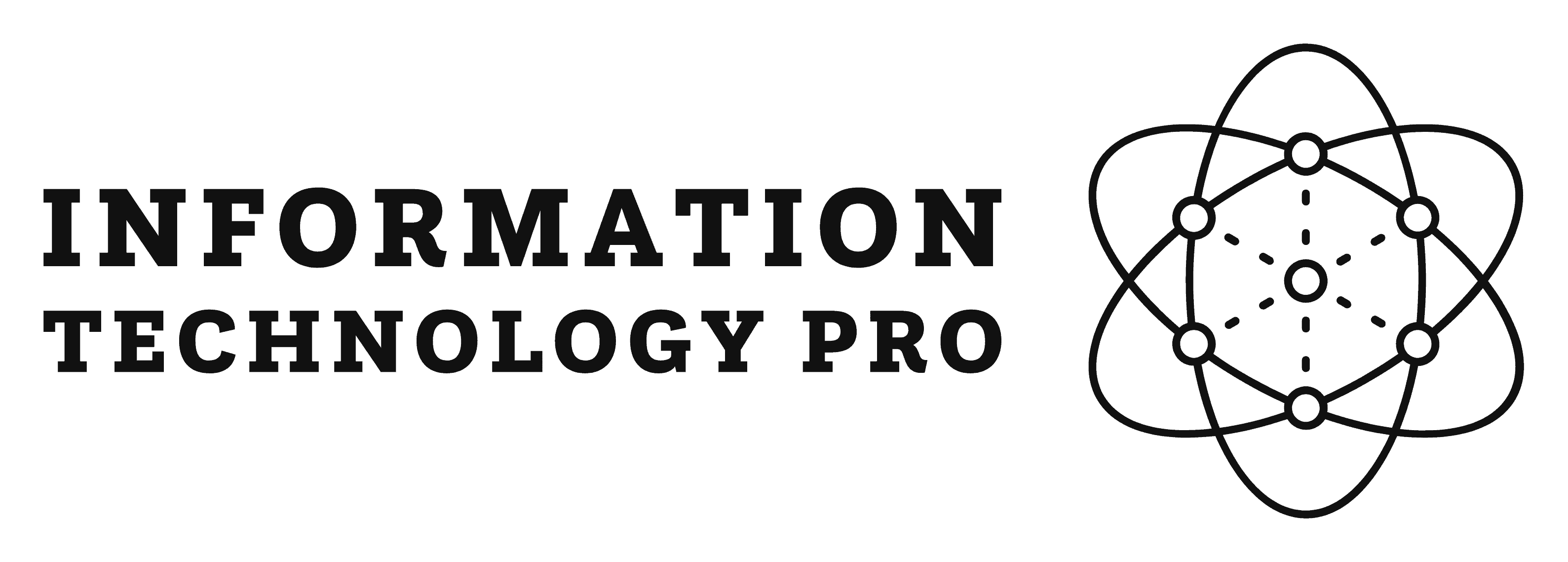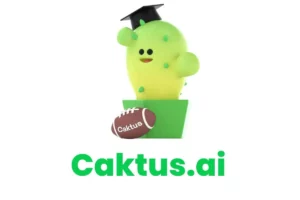
Artificial intelligence (AI) and machine learning (ML) are still expanding throughout industries. Rapid adoption is observed in use cases ranging from automating routine operational procedures to improving strategic decision-making. Businesses may create healthy and effective partnerships between their employees and AI to extract the most value from emerging technologies while being conscious of the potential ethical ramifications by better understanding the strengths and limitations of humans and computers.
Looking Into AI
We cannot use it as a tool to address all business issues if we want to be a true partner with it. Instead, we must comprehend its strengths, potential bottlenecks, and the areas where it might fall short.
Applying it to automate processes or decision-making fully can help solve some business problems, such as those that call for using historical data or quick digital feedback loops. AI’s role is best framed as enhancing human talent for some tasks, notably those that call for creativity, intuition, and delayed strategic feedback loops.
As AI-supported methods spread, they may affect more aspects of our life, and it is important to weigh their ethical implications. Support explainable AI (XAI) and more reliable governance processes, including automated compliance, to drive research and technology development.
Future of AI
an ongoing boom in financial support for AI applications and research. By 2024, according to research firm IDC, the global AI market will reach USD 500 billion.
Persistently strong demand in the job market for ML, AI, and data experts. The fastest-growing career category in 2020, according to LinkedIn, was “AI specialist,” while the second-best job in the US in 2021, according to Glassdoor, was “data scientist.”
Increased expansion of niche goods, IPOs, acquisitions, and ML/AI start-ups. Exscientia, a UK business that launched the first three AI-designed pharmaceuticals into phase one human testing, will list on the NASDAQ in October 2021 with a $3 billion market cap.
Changes to positions and jobs already in place. According to the World Economic Forum, by 2025, a change in how humans and machines perform work might displace 85 million jobs while creating 97 million new positions.
Public awareness of instances where it has unforeseen repercussions has grown. For instance, racial prejudice has been discovered in Twitter’s image-cropping AI, and facial recognition has frequently been in the headlines owing to privacy issues. Despite this, there are worries that ethical AI design won’t be the rule within the next ten years.
Opportunities For Business
Most businesses know that automating repetitive, boring, and data-processing jobs can increase staff efficiency. Some professions may be fundamentally altered or even rendered unnecessary. At the same time, new positions may also be created when workers are transferred to higher-value tasks requiring discretion and creativity. Dynamic pricing, recommendation systems, anomaly detection, and supply chain optimization are common areas that can profit from automation.
In other situations, AI/ML will augment human labor, with humans and machines playing complementary or integrated roles. These frequently deal with issues that call for originality, the sixth sense, wisdom, and all-encompassing reasoning. They entail significant, infrequently made strategic decisions. They include What product should we offer next? How can we attain net-zero emissions? But can gain from using robots to simulate and investigate various outcomes. They can even produce ideas that people can then assess. The development of drugs or products using AI first is an example. The use of dynamic simulations to plan for complicated eventualities like climate change.
These examples show how AI can benefit a whole company
- By enhancing internal processes,
- Informing wiser business decisions,
- Spurring product innovation
- Improving the consumer experience.







